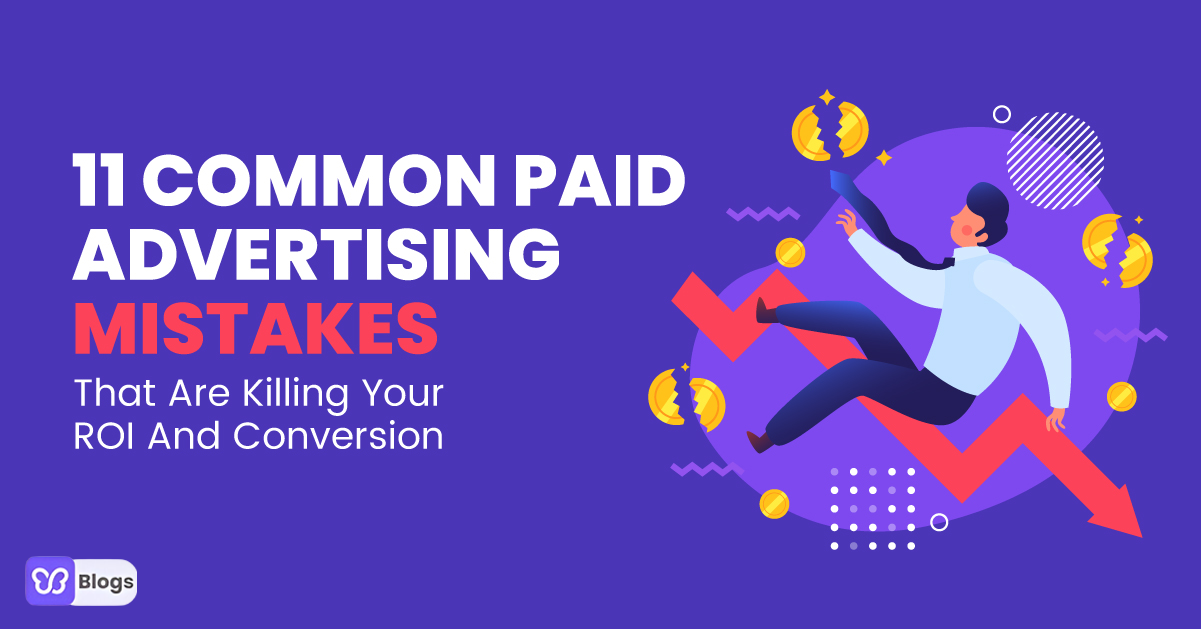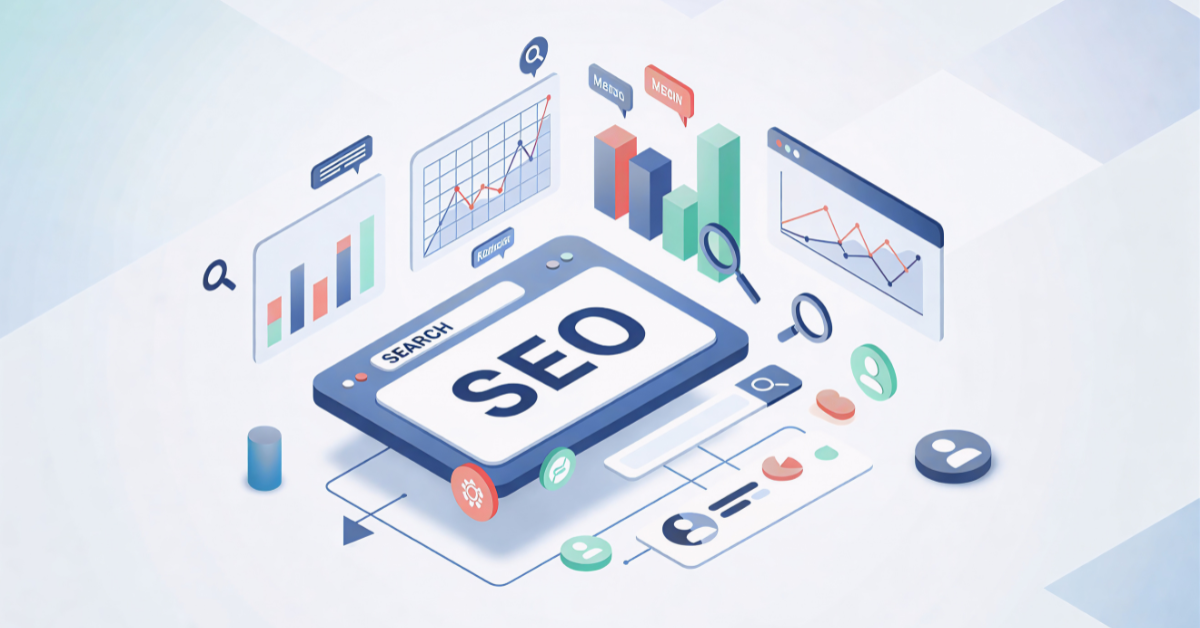Running a profitable PPC campaign in 2025 is tougher than ever. Why?
Because in today’s hyper-competitive digital landscape, simply throwing budget at Google, Meta, or TikTok won’t guarantee better ROI or higher conversions.
Small, avoidable mistakes can drain ad spend fast, and many advertisers don’t even realise they’re making them. After working with hundreds of paid media campaigns, we’ve seen the same costly errors repeat time and again.
And with more ad platforms, AI-driven bidding tools, and ever-changing algorithms, the challenges and the risks are only growing.
But it’s not all bad news!
When done right, PPC campaigns can be truly rewarding.
From not using the right ad extensions to forgetting to follow the right targeting strategies, a simple paid advertising mistake can end up being very costly. In this post, we’ll help you identify the 11 common paid advertising mistakes that are killing your ROI and conversion.
Debutify’s Conversion add-ons are designed to seamlessly blend with your selling and marketing strategies to help skyrocket Your Sales and ROI. Download them NOW to witness quick results.
1. Not Investing In Strategies And Plans
When it comes to online selling, everything begins with a plan. If you’re unsure about your objectives and goals when creating a paid ad campaign, it would be difficult for you to measure your progress.
That’s okay if your goal is to increase revenue, but you have to determine how you’ll achieve that by setting more specific objectives.
It’s crucial to create a sound strategy that should highlight what sets your offers apart from the rest of the competition. Leverage your KPIs and define clear and achievable goals that will improve ROI and conversion in the long run.
Once you have a clear understanding of your campaign objectives, you can focus on creating a targeted paid ad campaign that revolves around your business goals.
2. Incorrect Targeting
Let’s suppose you offer anti-aging products online. What if you’re showing ads to people who belong to the 20-25 age group? They’ll show the least interest in your products, and all your campaign budget will go down the drain.
Remember, if you fail to target the right audience, your ads will be promoted to the wrong people. To avoid this, you should do some research to find out who your target audience is. Make sure you invest time and money building up a buyer persona that should include every possible detail that embodies the character of your ideal customer.
Simply put, a buyer persona is a research-focused profile that includes details about the name, age, location, buying preferences, and other relevant details about your TA.
In addition to this, you should also understand how the science of targeting works for different PPC platforms. For instance, if you’re using Facebook ads, you should leverage demographics to target your customers. Google Ads, on the other hand, depend more on keywords.
3. Not Using Ad Extensions
Google Ads, in their original form, are quite short and boring. There is nothing much you can do with just two headlines and descriptions. One of the biggest mistakes beginners and inexperienced marketers make is they fall into the trap of thinking that these headlines and descriptions are enough to get them moving.
But wait!
There are plenty of ad extensions that you can use to increase the size of your ad and make them look more detailed and engaging.
Depending upon your business niche and the type of ad you’re running, you can add site link extension, location extension, price extension, and more.
The good news is that these extensions are FREE to use and can significantly increase CTRs and conversions.
4. Not Using/Optimizing Your Landing Pages
One of the biggest yet often overlooked landing page mistakes many marketers make is they advertise a product or a service to send page visitors back to the home page.
You may have to reconsider your approach if you think your visitors have time to skim through your entire website to find pages that contain their desired products.
If you’re looking to increase your ROI and conversion, you have to ensure that you’re using a dedicated and optimized landing page.
Optimize your landing pages by infusing the right mix of keywords and one targeted CTA that is designed to support your core business objective. To ensure you’re getting the most of your landing pages, you have to A/B test them from time to time to see which of the two pages performs better.
Don’t forget to leverage Debutify’s sales add-ons to turn your product pages into high-converting funnels. We offer a range of add-ons you need to accelerate your store’s performance and conversions.
5. Neglecting Your Ad Copy
Creating a compelling ad copy is critical to the success of your PPC campaign. It not only improves your CTR but also boosts conversions and sales.
One of the biggest paid advertising mistakes marketers make is they keep their entire focus on including keywords that they completely forget about the content of their actual ads.
Your ad copy that your target audience sees on SERPs can make or break a deal for you.
That goes without saying that your ad copy should be free of any sort of grammatical, spelling, or formatting errors. Remember, your ad copy should target humans and not search engines. Use ad extensions to convey complete information about price, location, and contact details without wasting space in the ad itself.
6. Not Tracking The Right Metrics
No matter how many clicks you get on your ad, there is something wrong if you’re not having the desired conversions.
Track the right metrics to ensure that you’re leveraging all relevant conversion actions. First, it’s critical to decide what ‘conversion’ means for each PPC campaign. Some campaigns focus more on brand awareness than sales, while others pay more attention to conversions.
Then you have to identify the right KPIs to measure the viability of your paid ad campaign.
You can use these key metrics to optimize your ads. Just ensure you experiment with your bidding strategy to see how your ad will perform in the future.
7. Not Paying Attention To Your Quality Score
With your Quality Score (QS), you can easily check the relevancy of your ad copy and landing pages about a specific keyword.
Many factors impact your QS, including CTR, the relevance of your researched keywords to an ad group, and the quality and relevance of your landing pages.
CTR is specifically important for your quality score. When more and more people click on your ad, it’s an indication for search engines that your ad offers good value for money, and is relevant and useful for the users. As a result, Google will rank your ad better.
Here are a few things you can do to improve your Quality Score.
- Target your ad groups
- Research keywords
- Improve your ad copy
- Create unique and optimized landing pages
- Leverage negative keywords
- Expand your text ads
8. Having A Slow Website
If you’re serious about your store conversions, then there is no factor as critical as your website speed.
According to research, more than 53% of website visitors will abandon a site if it takes more than 3-seconds to load.
If you’re spending extensively on Google Ads every month, then you should invest a reasonable amount of money on tools that can increase your website speed.
Besides fast load speed, it is also critical to have a website that delivers the same result on mobile and desktop.
Did you know the Debutify theme is designed to deliver cross-device and cross-browser compatible solutions even with multiple add-ons activated? The best part? Downloading it is just a click away.
9. Not Using Negative Keywords
With PPC, you’re supposed to pay for every click you get on your ad. This is why you must receive quality clicks only.
Since Google will display ads for keywords ‘Free’ and ‘Cheap’, you must target negative keywords to keep those away from clicking your ads who have no intention of buying your products.
10. Using Broad Match Keywords
To avoid irrelevant traffic clicking on your ads, you have to use the specific and relevant keywords only.
Also, using broad match keywords will reduce your chances of getting more Click-throughs and conversions.
11. Not Using Google Ad Scripts
PPC management is a tedious job. With so many recurring tasks, it becomes challenging for marketers to focus on things that require attention.
Google’s script feature acts as a savior as it enables you to automate time-consuming and annoying tasks so that you can focus on real issues.
From monitoring your ad placements to managing your bids, these scripts are designed to make your life easy.
These scripts are customizable and also integrable with APIs.
Wrap Up
The PPC landscape is evolving. Marketers looking to make the most of their paid ads should avoid these common yet costly paid advertising mistakes to improve ROI and conversion.
By educating yourself on setting goals, using the right set of keywords, and improving your Quality Score, you’ll be on the right path to improving your traffic and conversions.







